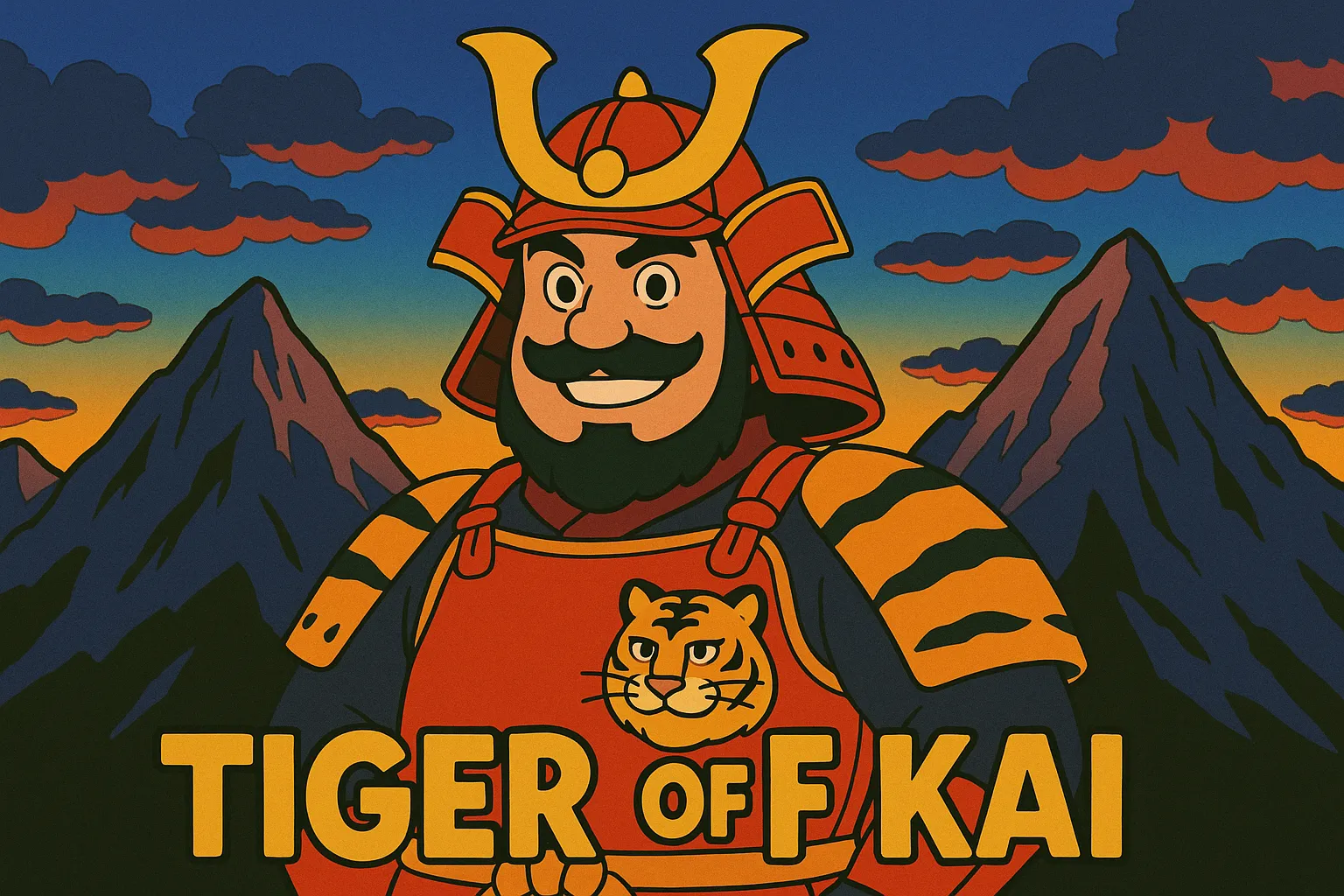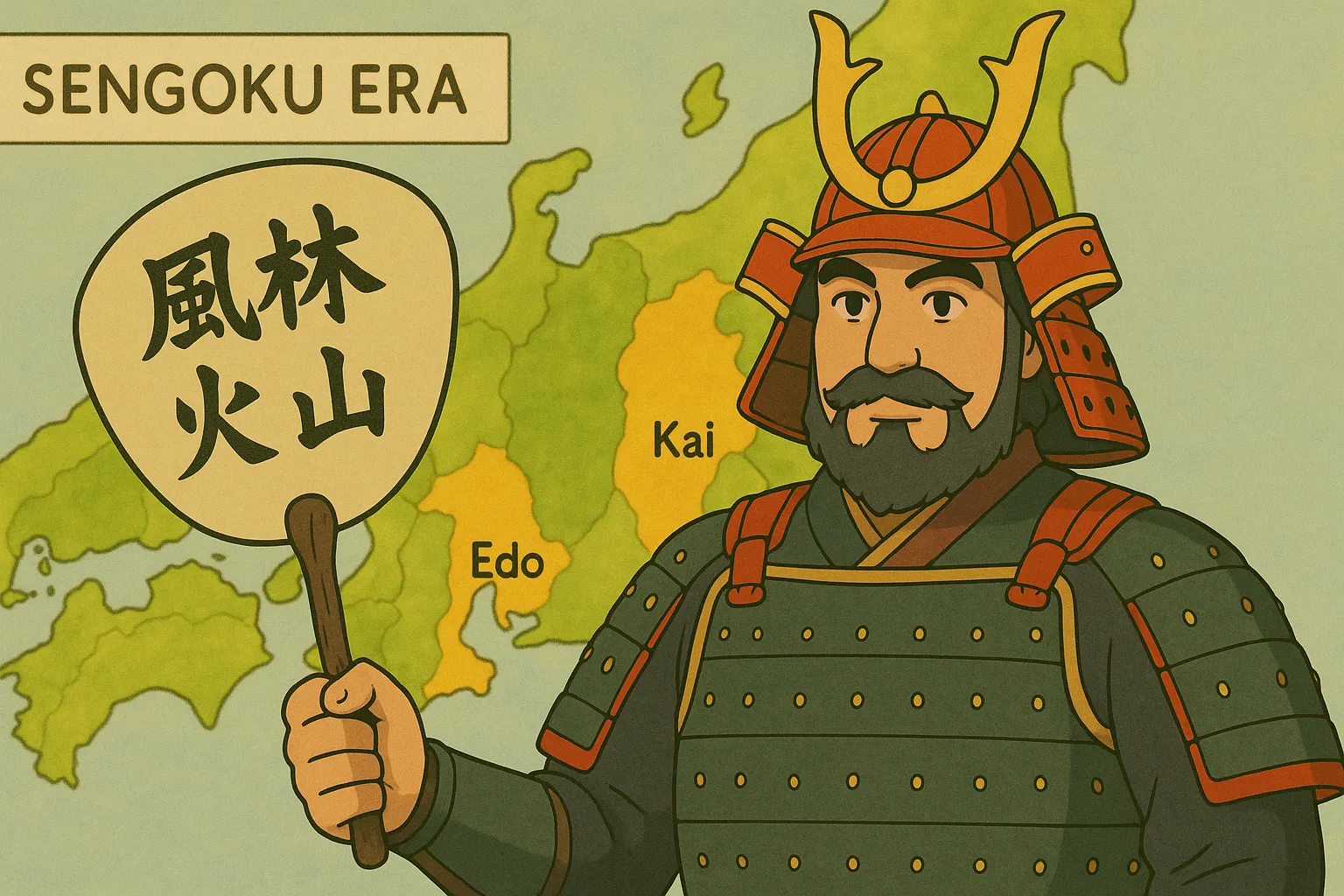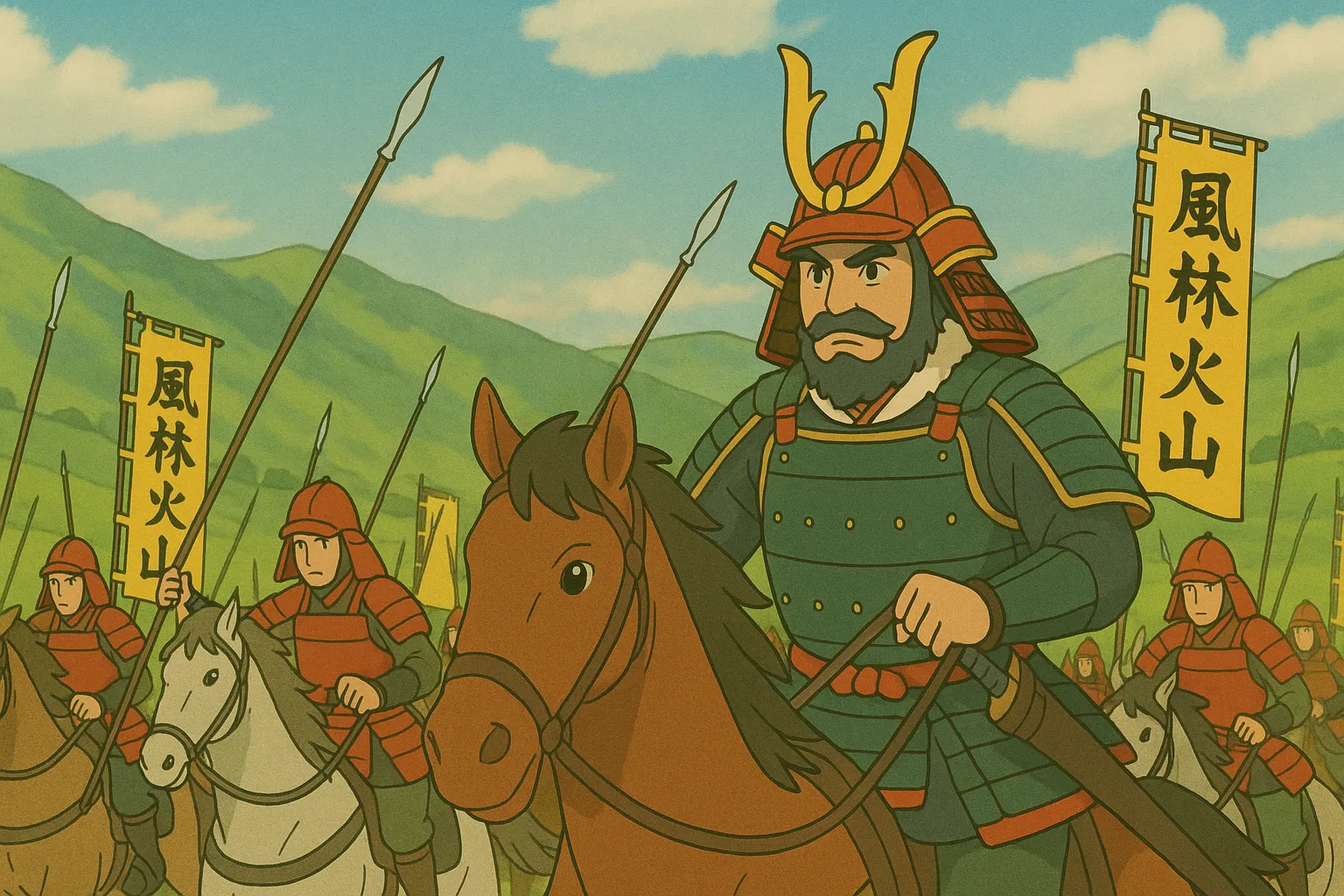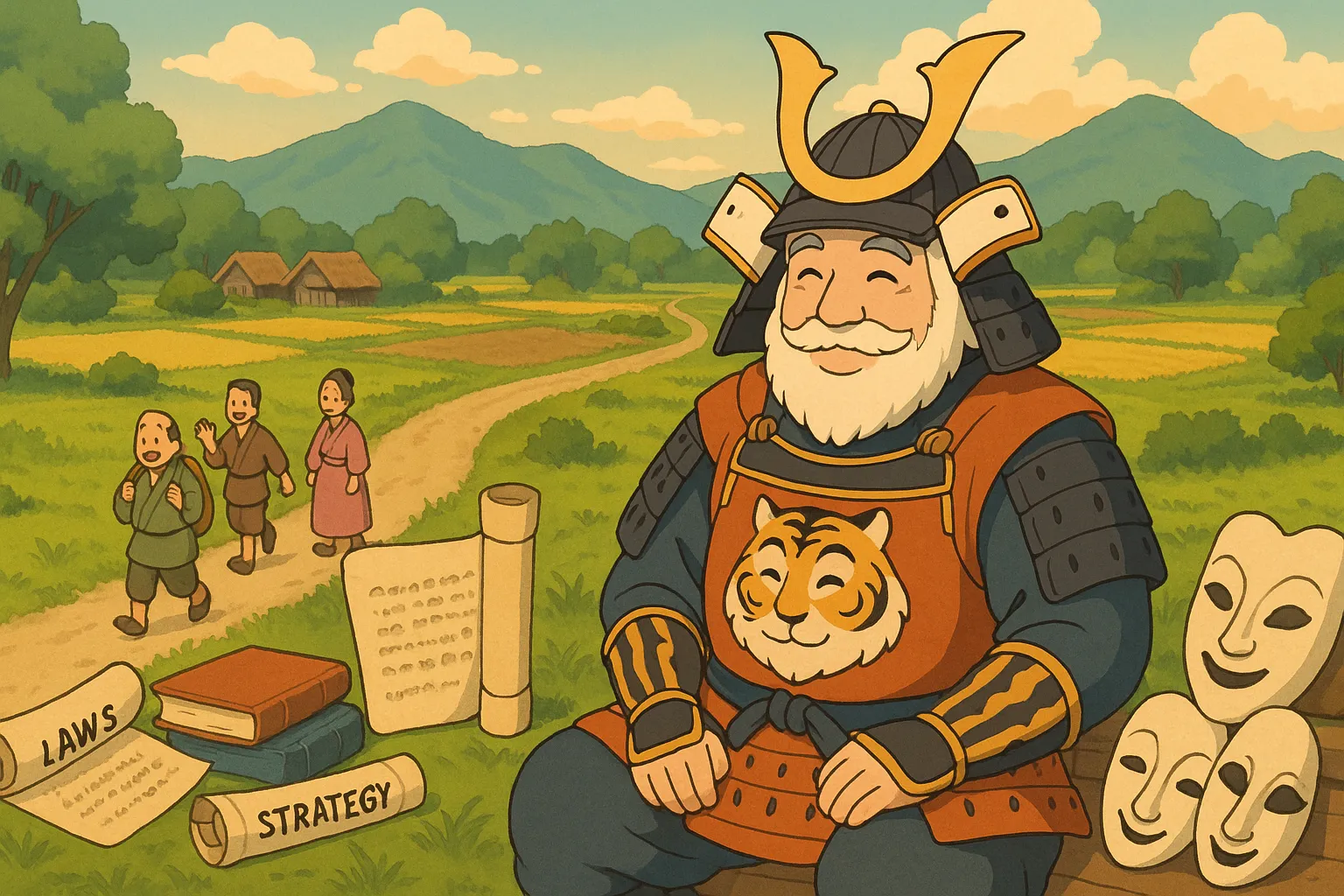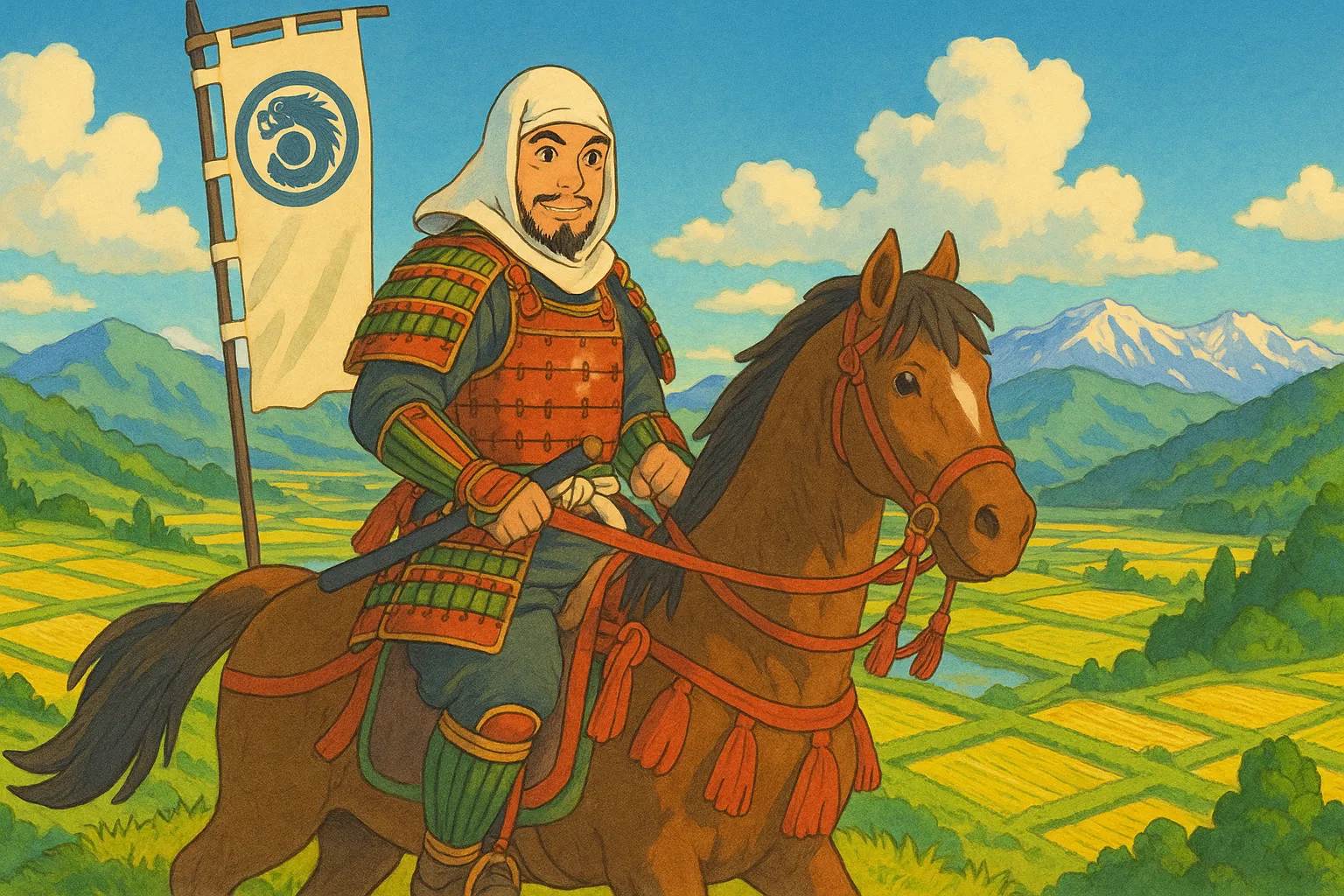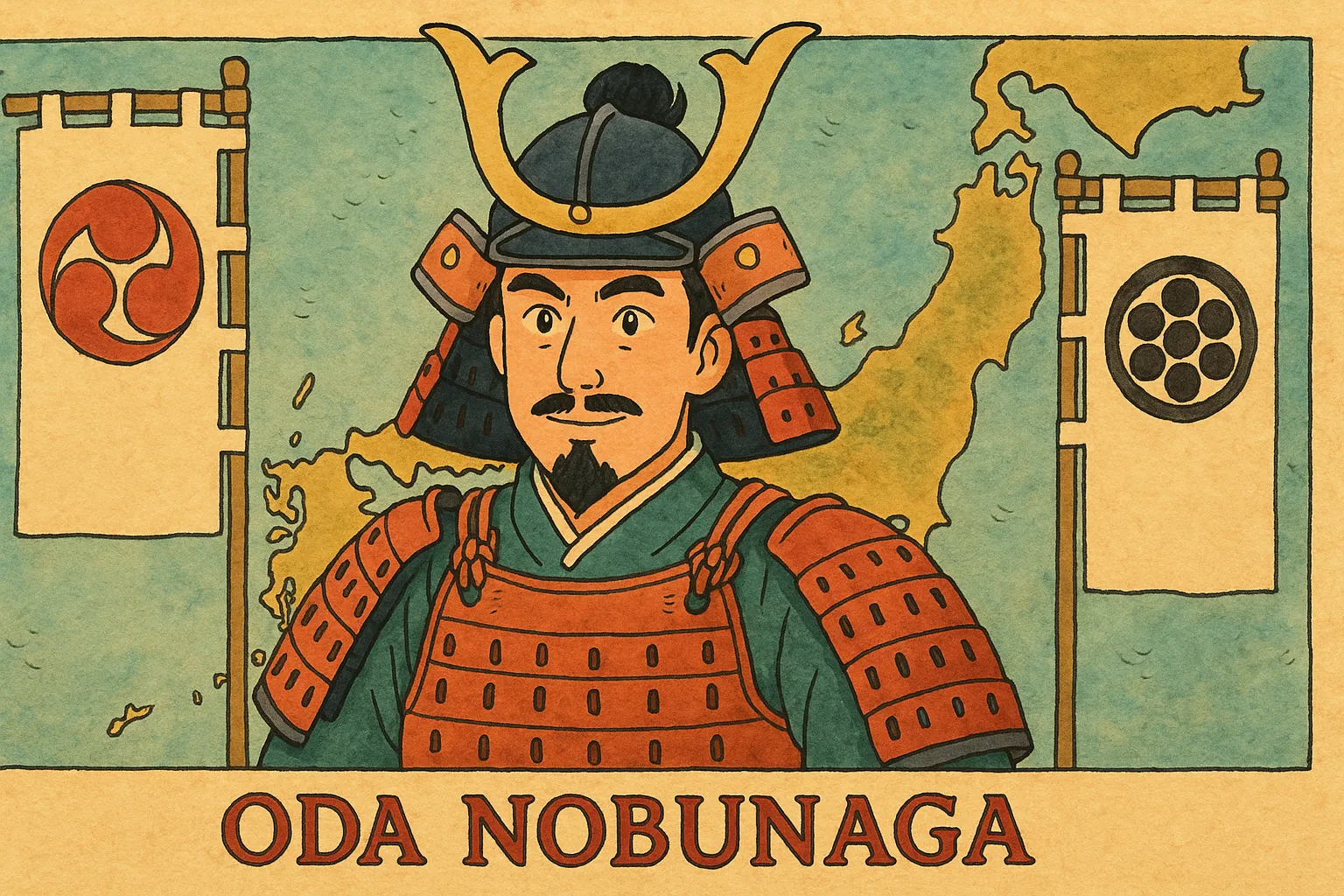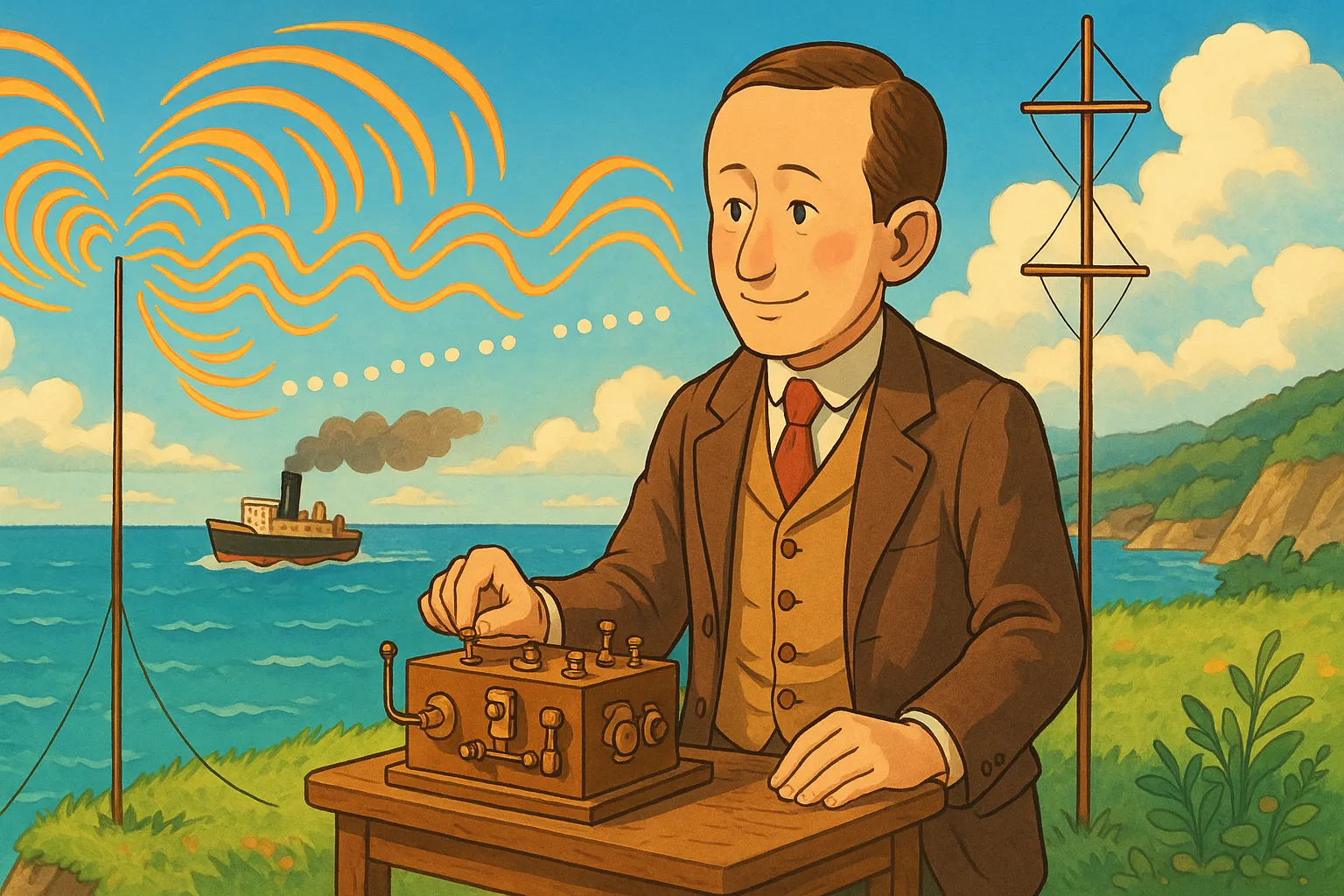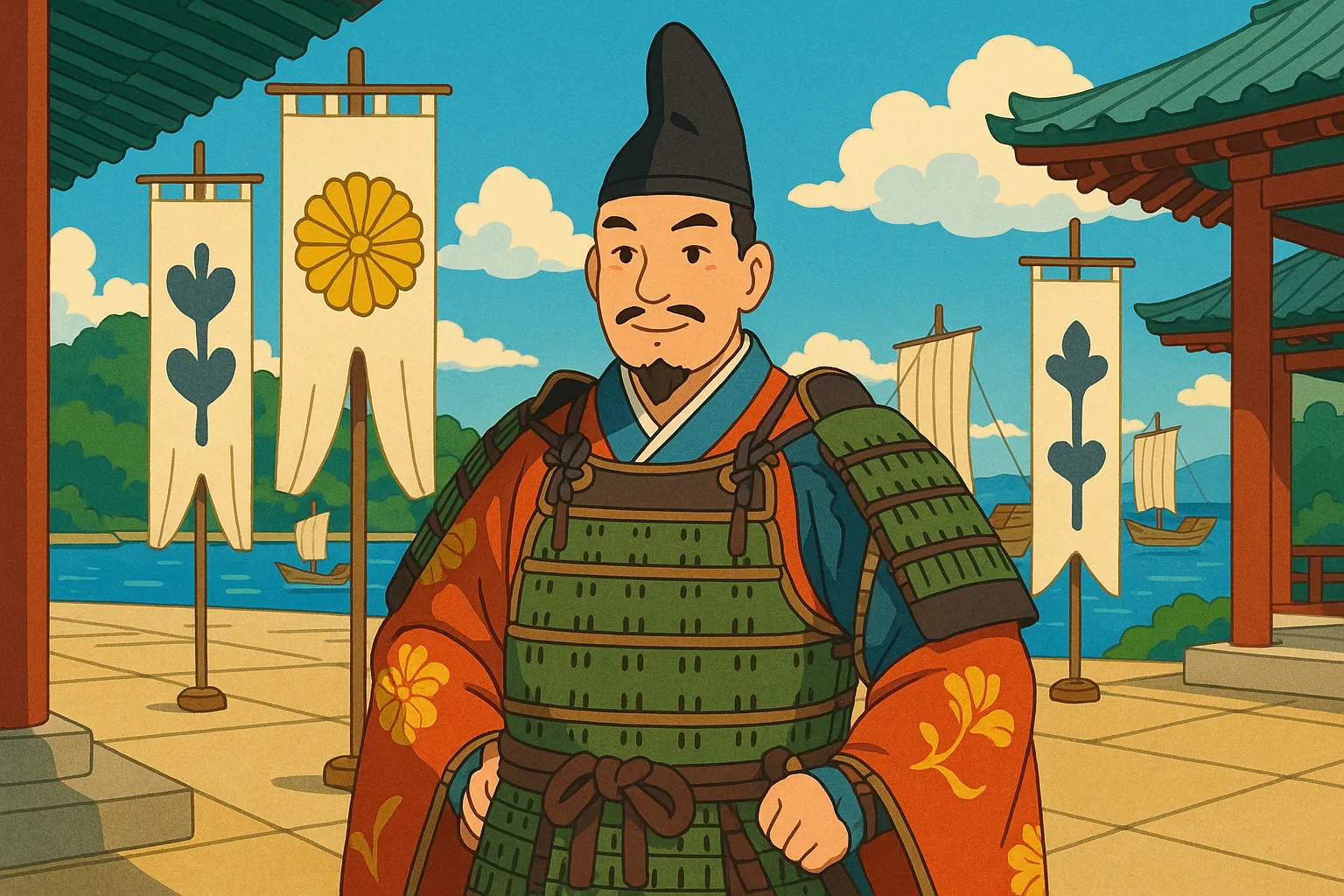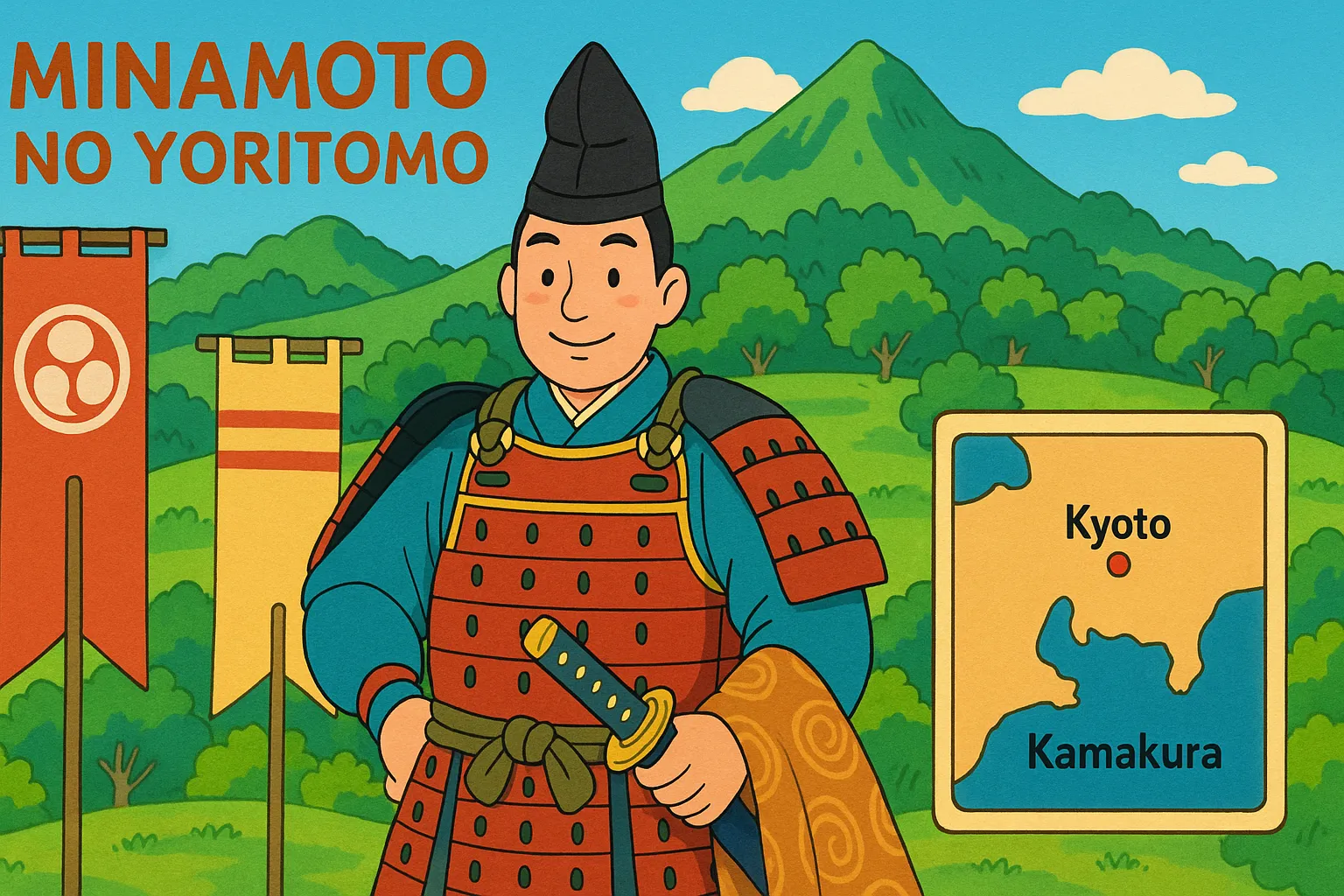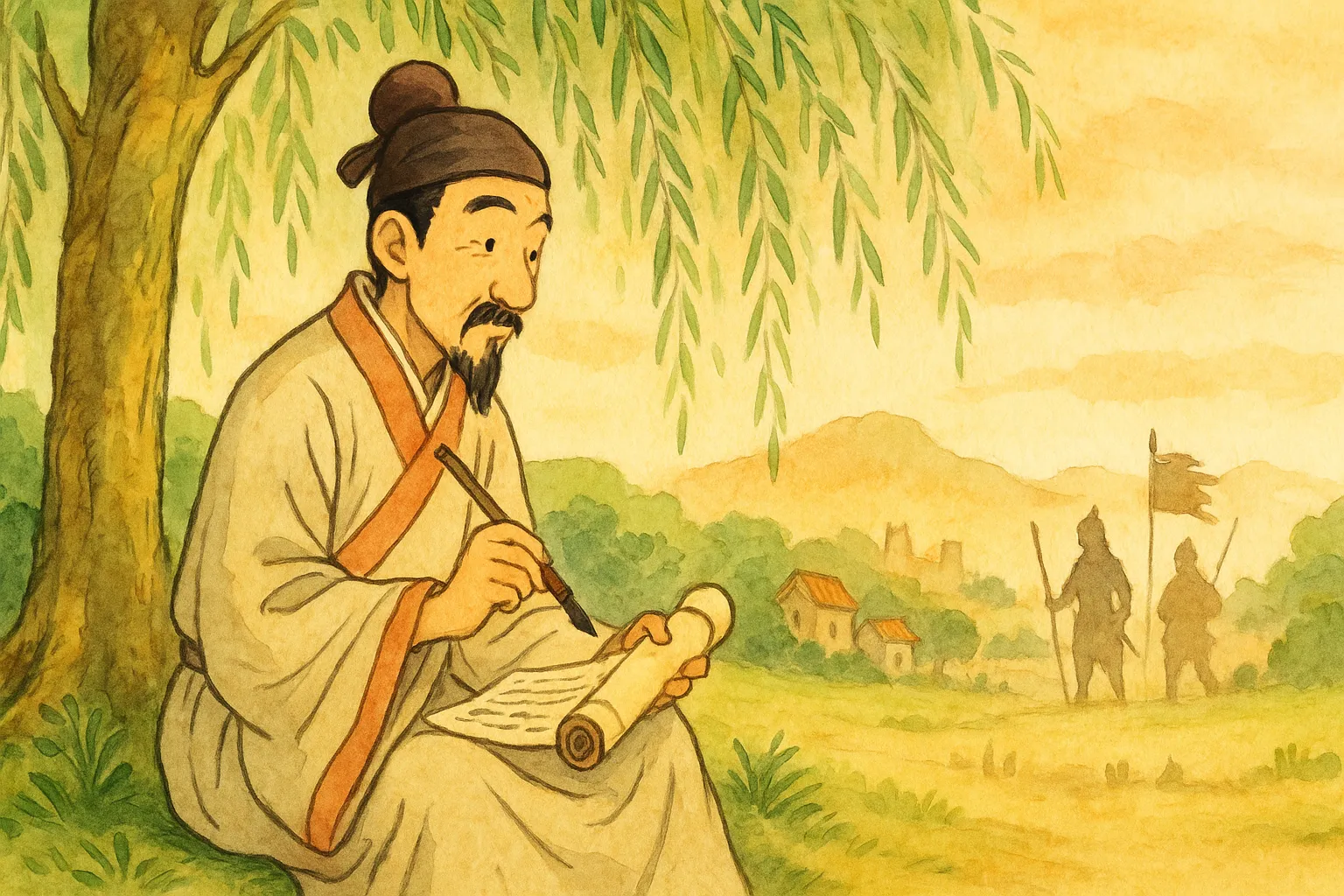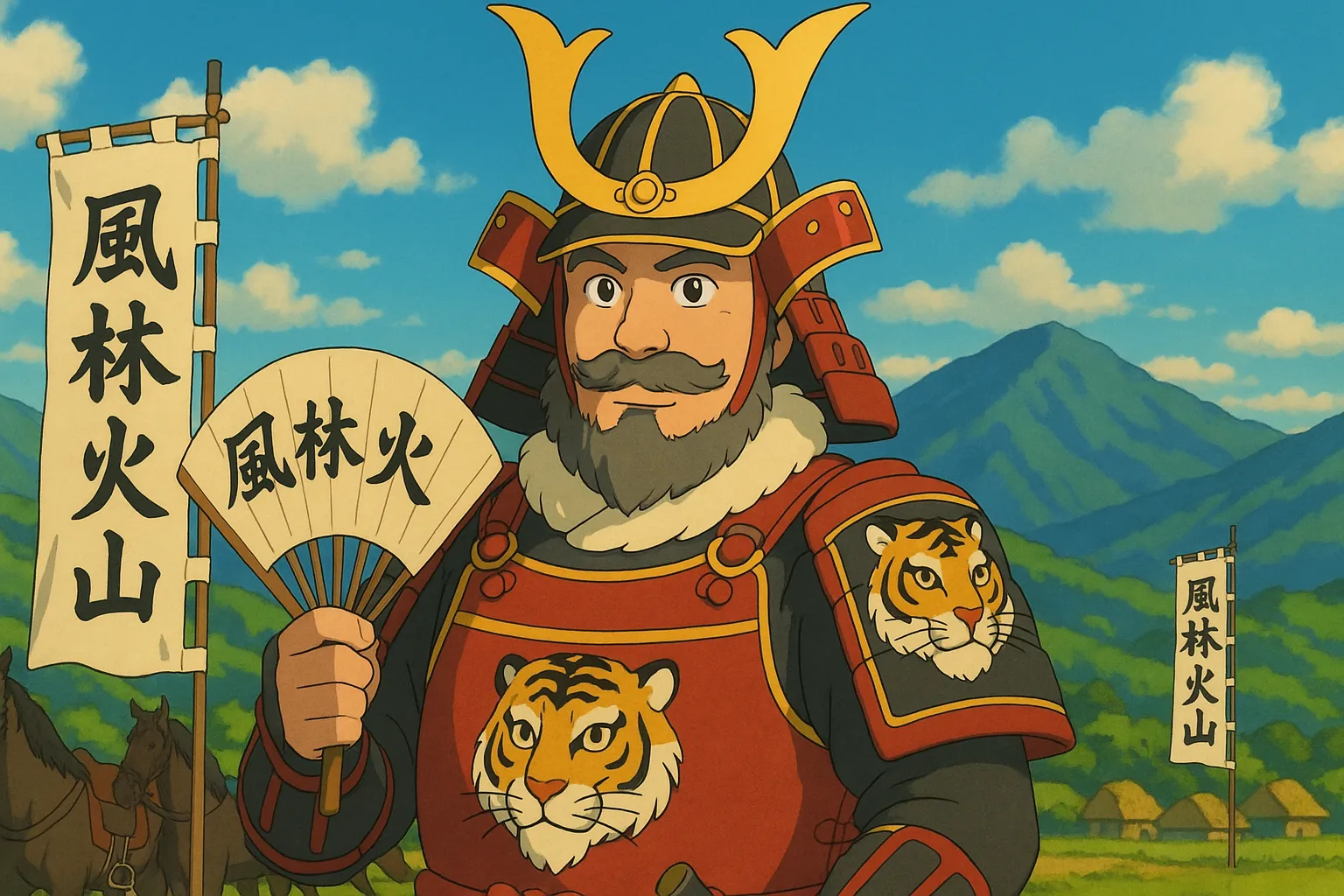
Frequently Asked Questions
What was Takeda Shingen's family background?
He was born into the Takeda samurai family as the son of Takeda Nobutora and belonged to a long line of provincial warriors. He grew up trained for leadership and military command.
How did he come to lead the Takeda clan?
In the 1540s he pushed aside his father, Takeda Nobutora, and assumed leadership of the clan, consolidating power and reorganizing its forces.
Who were his chief commanders and advisers?
Shingen relied on a core group often called the 'Twenty-Four Generals,' including noted figures like Yamamoto Kansuke, Baba Nobuharu, Kosaka Masanobu, and Yamagata Masakage.
What is the Kōyō Gunkan and why is it important?
The Kōyō Gunkan is a military chronicle compiled by Takeda retainers after Shingen's time. It records campaigns, tactics, and biographies and is a key source on his methods.
Did he clash with Tokugawa Ieyasu?
Yes. Takeda Shingen fought Tokugawa forces in pitched battles, notably defeating Tokugawa at the Battle of Mikatagahara, demonstrating his battlefield effectiveness against emerging rivals.
What administrative changes did he introduce at home?
He introduced domain laws and land surveys, promoted agricultural and infrastructural improvements (like irrigation and roads), and reformed local administration to strengthen stability.
